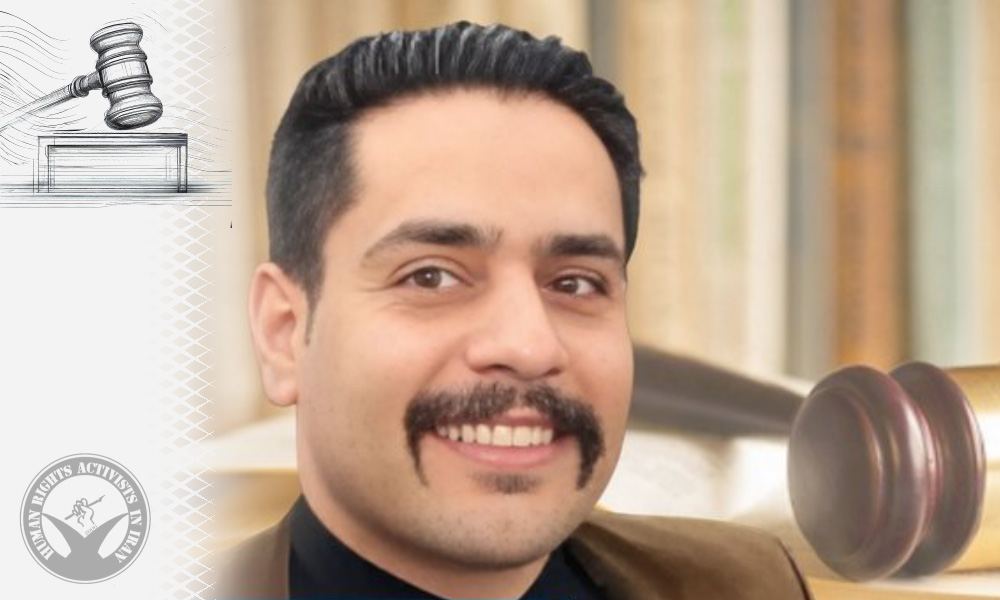HRANA News Agency – Branch 8 of the Markazi Province Court of Appeals fully upheld the conviction of attorney Behnam Nezadi, who was sentenced to four months in prison and a one-year ban from practicing law. The Supreme Court had referred the case to this equivalent branch for reconsideration after accepting his request for retrial.
In a ruling issued on May 16, 2025, Branch 8 of the Markazi Province Court of Appeals reaffirmed the previous sentence: four months of imprisonment and a one-year ban from the legal profession. The case had initially been returned for review by Branch 39 of the Supreme Court following a request for retrial, and was referred to this equivalent branch.
Mr. Nezadi was released from Evin Prison on April 15, 2025. He had been arrested on March 1, 2025, to serve his sentence.
This member of the Central Bar Association had previously been sentenced on January 2025, by Branch 9 of the Markazi Province Court of Appeals to four months in prison and a one-year ban from practicing law, following a retrial request submitted by his lawyers. Earlier, in late November 2024, he had been sentenced by the Revolutionary Court of Arak to one year in prison and a two-year ban from practicing law on the charge of “propaganda against the regime.”
In another part of his case, Branch 106 of the Arak Criminal Court sentenced Behnam Nezadi to 13 months and 16 days in prison for “disclosing confidential information,” and to 113 days in prison for “spreading falsehoods.”





